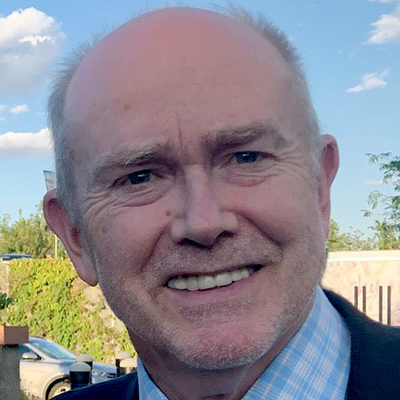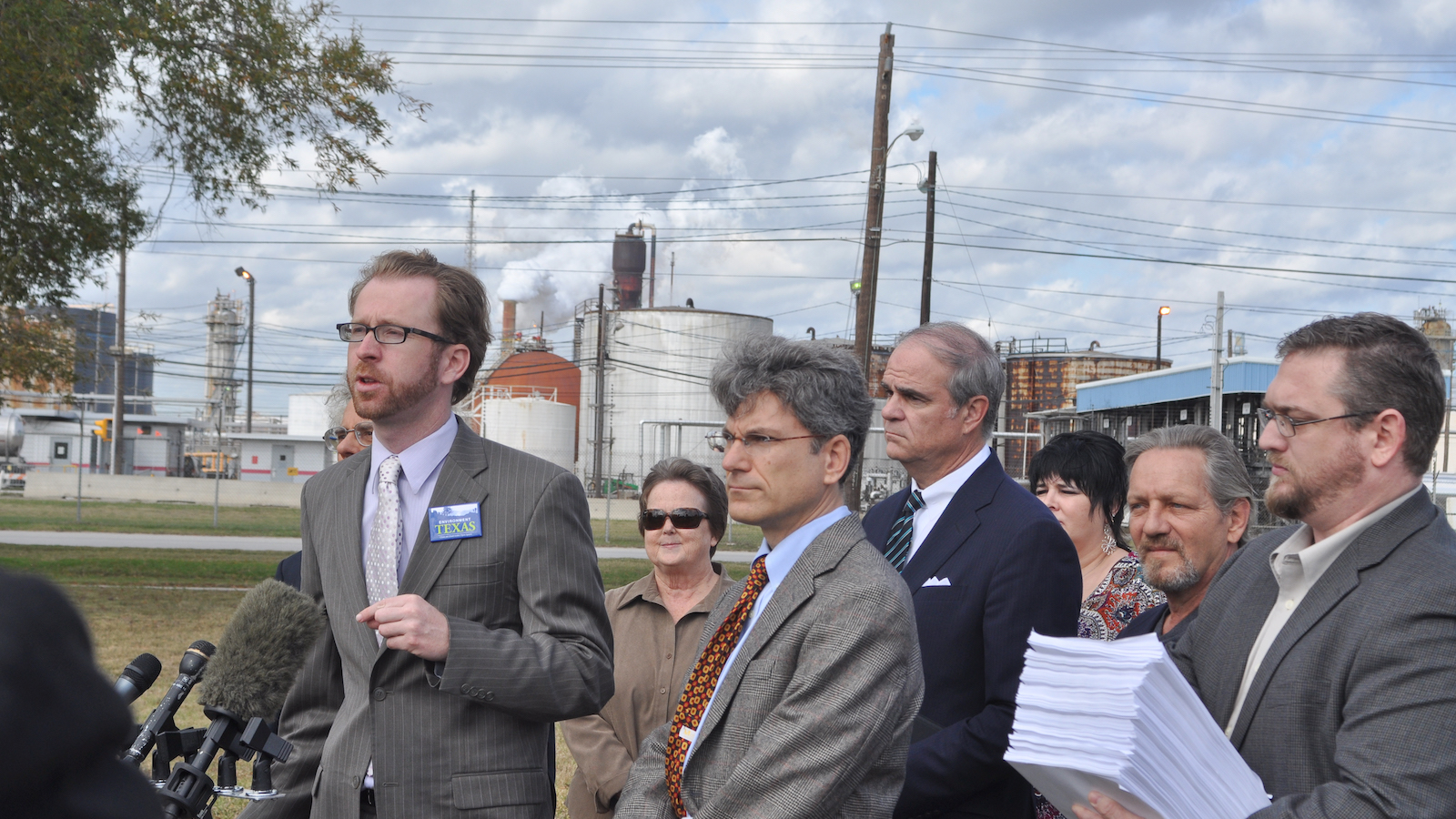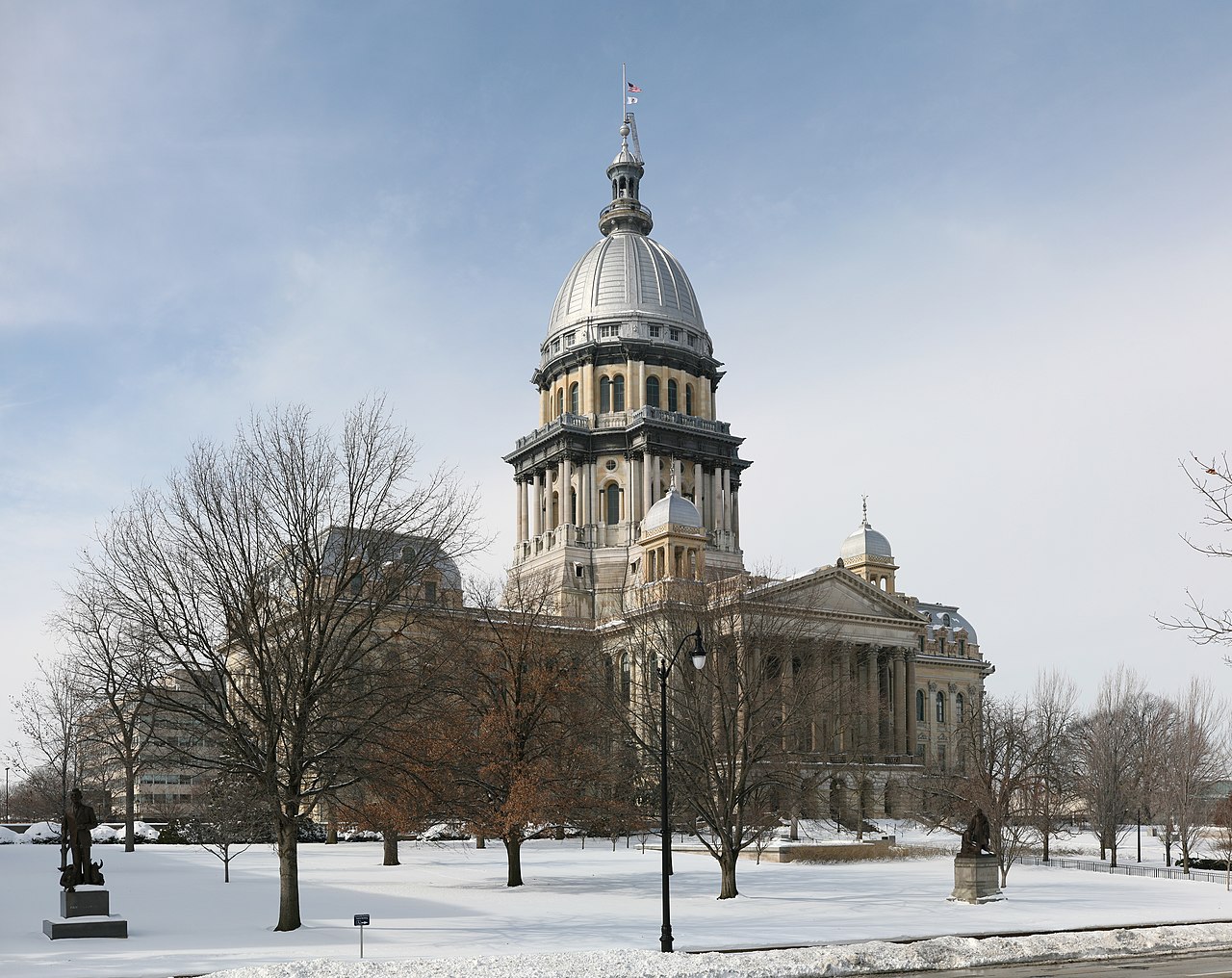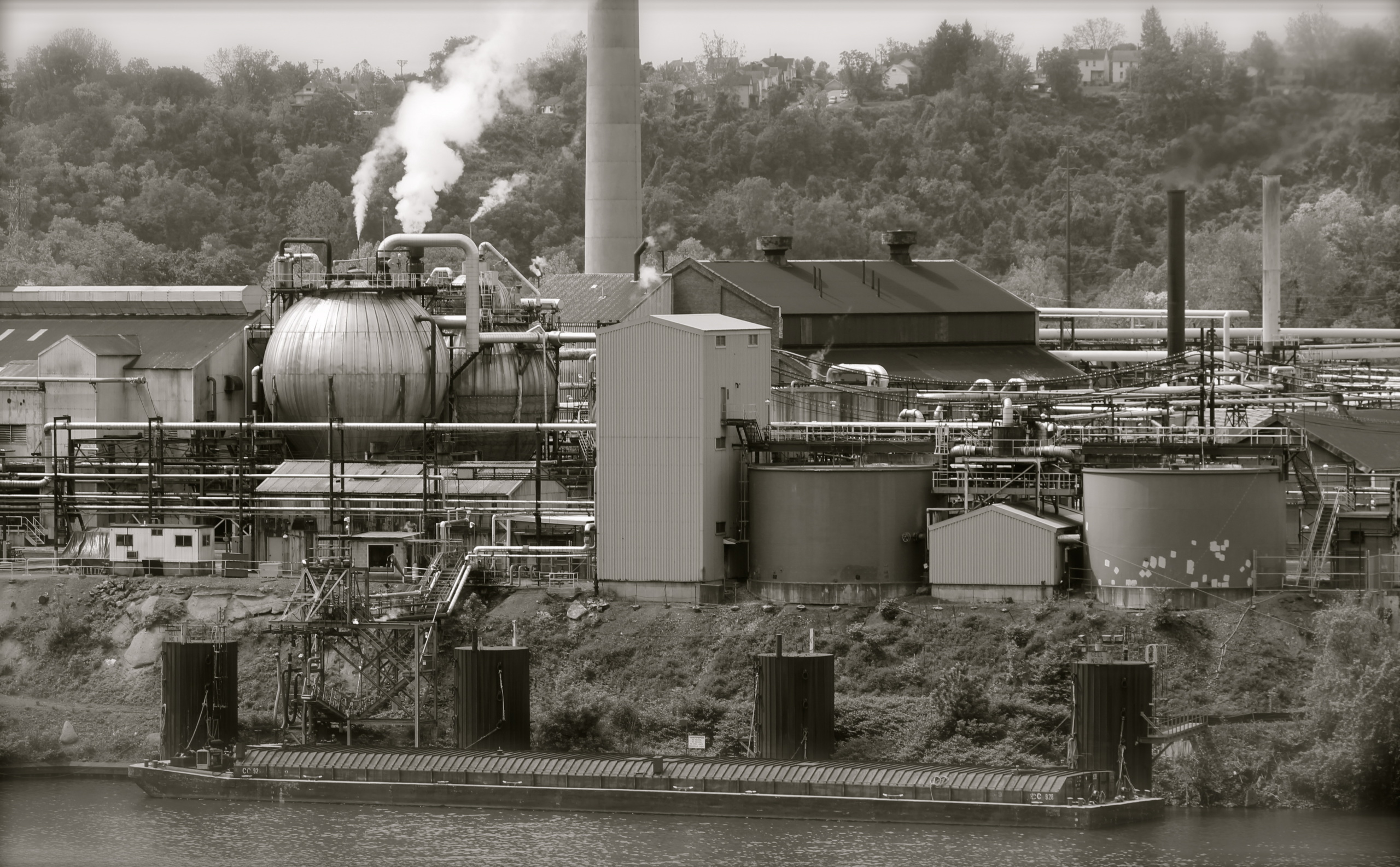
Bigger in Texas: A record clean air penalty for ExxonMobil
After a third defeat in court, ExxonMobil may finally have to pay for a mess it made in Texas.

After a third defeat in court, ExxonMobil may finally have to pay for a mess it made in my home state of Texas.
A federal court of appeals upheld an unprecedented $14.25 million civil penalty on ExxonMobil for committing Clean Air Act violations over a span of eight years, at what the giant oil and gas company describes as “one of the largest integrated and most technologically advanced refining and petrochemical complexes in the world” in Baytown, Texas.
This $14.25 million penalty remains the record for a citizen-initiated clean air enforcement lawsuit. It represents accountability for Baytown-area families, for whom nosebleeds, headaches and other chronic health impacts had become as routine as the many unauthorized instances of fiery flaring, or “emission events,” at ExxonMobil’s Baytown facilities.
“Thirteen years ago, we went to court on behalf of our members, who’ve endured years of indisputably illegal, toxic pollution. One member living in Baytown told me of a flaring incident so large and frightening that she turned off her air conditioning to keep as much pollution out of her house as she could. Another Baytown resident would hide his young daughters in a closet during these pollution releases, which aggravated both their health issues,” said Luke Metzger, executive director of Environment Texas, one of our 30 state environmental groups and a plaintiff in the case, along with Sierra Club.
“Over these 13 years, we’ve also consistently defended the very heart of the Clean Air Act: the standing it grants to impacted citizens to file suit against companies that violate our pollution laws,” adds Luke.
Lawsuits such as this one are never our first resort when it comes to making social change. That’s because we know that public support is what gives our progress its staying power — and litigation is far removed from the court of public opinion. Luke and his Texas team prioritize advocacy and organizing campaigns that build public support for a greener, healthier world and convert all that support into impactful laws.
Among the clean air progress Luke helped win with this approach: doubling Texas’ renewable electricity standard and investing in transmission, which vaulted Texas to the forefront of wind- and solar-generating states, as well as committing the City of Houston, right next to Baytown, to electrify its entire vehicle fleet and more.
But when companies flout the laws that protect our health and environment — or the government fails to enforce them — Environment Texas joins forces with the National Environmental Law Center (NELC), the nonprofit litigation organization we founded, first to notify wrongdoers of the infractions we’ve documented and then, when necessary, to take them to court.
The Public Interest Network operates and supports Environment Texas, Environment America and the National Environmental Law Center. We’re proud that our multi-pronged approach continues to get results in a state that for now remains a stronghold for the oil and gas industry. Together, Environment Texas and NELC brought successful cases against Shell Oil Company for violations at its Deer Park refinery; Chevron Phillips Chemical Company for violations at its Cedar Bayou chemical plant; and Pasadena Refining Systems, Inc., then owned by Petrobras, for violations at its Pasadena, Texas, refinery.
In each of these cases, years of effort yielded tangible clean air improvements for Texans, such as when the majority of the $3.5 million civil penalty payment from the Pasadena case helped impacted communities purchase electric and hybrid vehicles for their municipal fleets.
As Luke told Reuters, it’s long past time for ExxonMobil to pay the penalty for an astounding 16,286 days’ worth of Clean Air Act violations, contaminating Baytown-area air with smog-forming, toxic and carcinogenic pollutants.
Topics
Author
Douglas H. Phelps
President and Executive Director, The Public Interest Network
Doug is President and Executive Director of The Public Interest Network. As director of MASSPIRG starting in 1979, he conceived and helped organize the Fund for the Public Interest, U.S. PIRG, National Environmental Law Center, Green Century Capital Management, Green Corps and Environment America, among other groups. Doug ran the public interest careers program at the Harvard Law School from 1976-1986. He is a graduate of Colorado State University and the Harvard Law School.
Find Out More

Our 2024 priorities in the states

Cleaner air in Steel City

A look back at what our unique network accomplished in 2023

